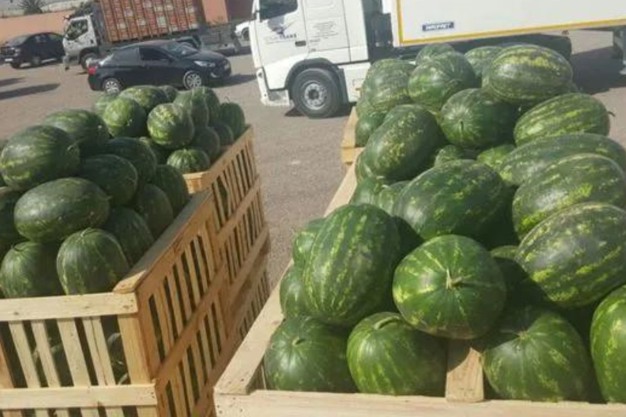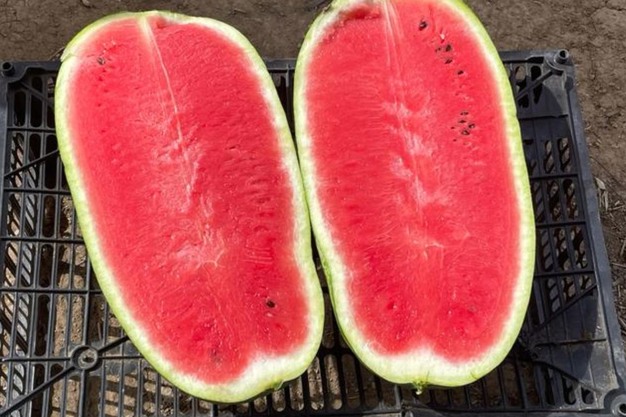At a time when the Moroccan watermelon campaign is at a standstill, the question arises as to whether other West African origins, such as Mauritania or Senegal, could take advantage of the gap in the market. "It's not automatic, and it's not even possible this season", replies Amine Amanatoullah, a Mauritanian grower. For his part, Mehdaoui Elmokhtar, a Senegalese grower, says "European importers are asking the same question. It's technically possible, but commercially complicated".

Amanatoullah adds: "In Mauritania, the campaign ended too early because of quality problems. The Mauritanian campaign usually ends in April, but customer complaints have led to an abrupt end to the season. Yields have also fallen this year in the country due to a colder than usual climate".
"I don't think Mauritanian origin can benefit from the gap left by Morocco, because the best of our quality is harvested from February to April. Even the late April harvests have had quality problems, and exporting them is damaging the image of Mauritanian origin. The problems of viruses, aphids, and bad weather are widespread throughout West Africa and are not exclusive to Morocco, not to mention the fact that prices are not competitive, with Greece, Italy, and Spain all present on the market," adds the grower.
Mehdaoui Elmokhtar, from Senegal: "Unlike Morocco and Mauritania, we grow watermelons in Senegal all year round. The best export window is from February to April because it's difficult to compete with Morocco, which is geographically close and has better logistics. It is therefore theoretically feasible to fill the shortage caused by the stoppage of the Moroccan campaign."

Watermelon of Mauritanian origin, grown by Maurifarm.
The grower says he is even receiving customer requests: "We're seeing interest in Senegalese watermelons. Just yesterday I received requests for quotations, which is very unusual in June. But in reality, it's difficult to extend the campaign."
"The quality that we are producing at the moment is not exportable and is destined for the local market. We need to be protected by contracts to produce watermelons that meet European standards," says Mehdaoui. "We can't fill the gap in the market from one day to the next, and I prefer to concentrate on the local market because it's a commercial adventure to try and export at this time of year. The logistical cost alone is EUR 0.3/kg, whereas Spanish supermarkets can sell to the final consumer at EUR 0.3/kg if they want to."
Amanatoullah in Mauritania and Mehdaoui in Senegal agree that a comeback of Moroccan watermelons can't be ruled out before the end of the season, as several regions produce watermelons, notably the Gharb region, which can offer decent volumes of good quality later in the summer.
For more information:
Mehdaoui Elmokhtar
Consulting Agro-Industriel
Email: [email protected]
Amine Amanatoullah
Maurifarm
Tel: +22242202297
Email: [email protected]










